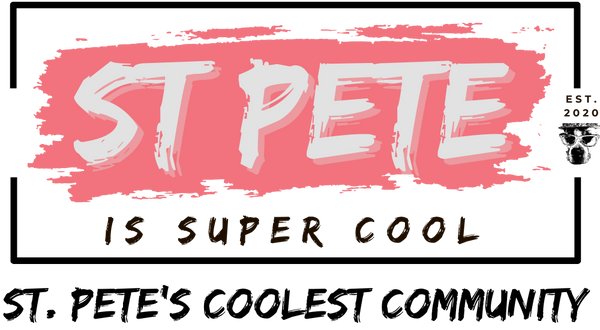
A City Shaken Awake: Ybor Demands Safer Streets After Tragedy
Share
When the Nightlife Turned Tragic in Ybor City
In the early hours of Saturday November 8th, the vibrant energy of Ybor City, Tampa’s historic nightlife district, was shattered. A high-speed vehicle racing and fleeing law enforcement plowed into the patio of Bradley’s on 7th, a well-known LGBTQ+ bar on East 7th Avenue.
The crash left four people dead and at least thirteen others injured. The driver, identified as 22-year-old Silas Sampson, was arrested at the scene and faces multiple felony counts, including vehicular homicide and aggravated fleeing or eluding.
According to investigators, a patrol aircraft first spotted the car speeding on I-275 shortly after midnight. Officers attempted a pursuit intervention but disengaged as the vehicle approached Ybor’s crowded entertainment corridor. Moments later, it lost control and slammed into the bar’s outdoor area.
A Community in Mourning and Demanding Change

In the days that followed, hundreds of residents, bar patrons, and business owners gathered on 7th Avenue to mourn the victims and call for change. Candles lit the sidewalks outside Bradley’s, where voices of grief quickly became voices of determination.
For many in Ybor, this tragedy did not happen in isolation. It exposed deeper flaws in how the district manages safety. Narrow sidewalks, fast traffic, and heavy nightlife crowds all collide in a space designed long before the modern rush of cars and weekend revelry.
Bradley’s temporarily closed to honor the victims but announced plans to reopen Monday November 10th, determined to reclaim its place as a safe haven and symbol of resilience for Tampa’s LGBTQ+ community.
A City Shaken Awake
Ybor City is more than just another nightlife destination. It is a living piece of Tampa’s soul, a neighborhood that has evolved from cigar factories and immigrant roots into one of Florida’s most recognizable cultural hubs. That history made this tragedy especially painful. It was not only a loss of life; it was a public wound that cut into the heart of the community. Many are now asking difficult questions.
Are our streets designed for the people who walk them, or for the cars that speed through them? Can Ybor continue to be both a vibrant nightlife district and a safe place for residents and visitors?
Bradley’s, known for its welcoming atmosphere and late-night patio crowds, became an unintentional symbol of that conflict. The crash served as a harsh reminder of how vulnerable outdoor nightlife spaces can be in car-dominated environments.
A Debate Brewing: Cars or People?
The tragedy reignited a long-simmering debate in Ybor City about whether parts of 7th Avenue should become pedestrian-only during busy nightlife hours.

Some business owners support limiting cars to make the area safer and more walkable, pointing out that the district’s energy comes from its people, not its parking lots. Others argue that restricting vehicles could hurt accessibility and deliveries, complicating an already tight urban layout.
It is a difficult balance. On one side stands convenience and tradition. On the other is public safety and modernization. Beneath it all lies a simple truth: Ybor’s infrastructure was never built for today’s level of nightlife and traffic.
Turning Grief Into Action
If this tragedy is to mean anything, it has to spark change. City leaders, engineers, and residents are now discussing possible measures, including stronger barriers along sidewalks and patios, pedestrian-only hours on weekends, and stricter enforcement against reckless driving.
Advocates are also calling for transparency. They want open access to crash data, police pursuit logs, and community-led discussions on how to redesign Ybor for safety without losing its spirit. What everyone agrees on is simple: Ybor deserves more than condolences. It deserves commitment.
A Crossroads for Tampa’s Historic District
What happens next will define Ybor City’s future. The neighborhood has always been a place of reinvention, from its cigar-rolling past to its modern nightlife rebirth. Now it faces a new kind of transformation.
If the city acts decisively, this could mark a turning point toward a safer, more people-first version of Ybor, one that protects its history while evolving for the modern world. If not, it risks repeating the same heartbreak on another night out.
For now, the community’s message is clear: enough is enough. Ybor’s residents have turned their pain into purpose, and their voices are only getting louder.
No one should ever have to die for a night on the town.

